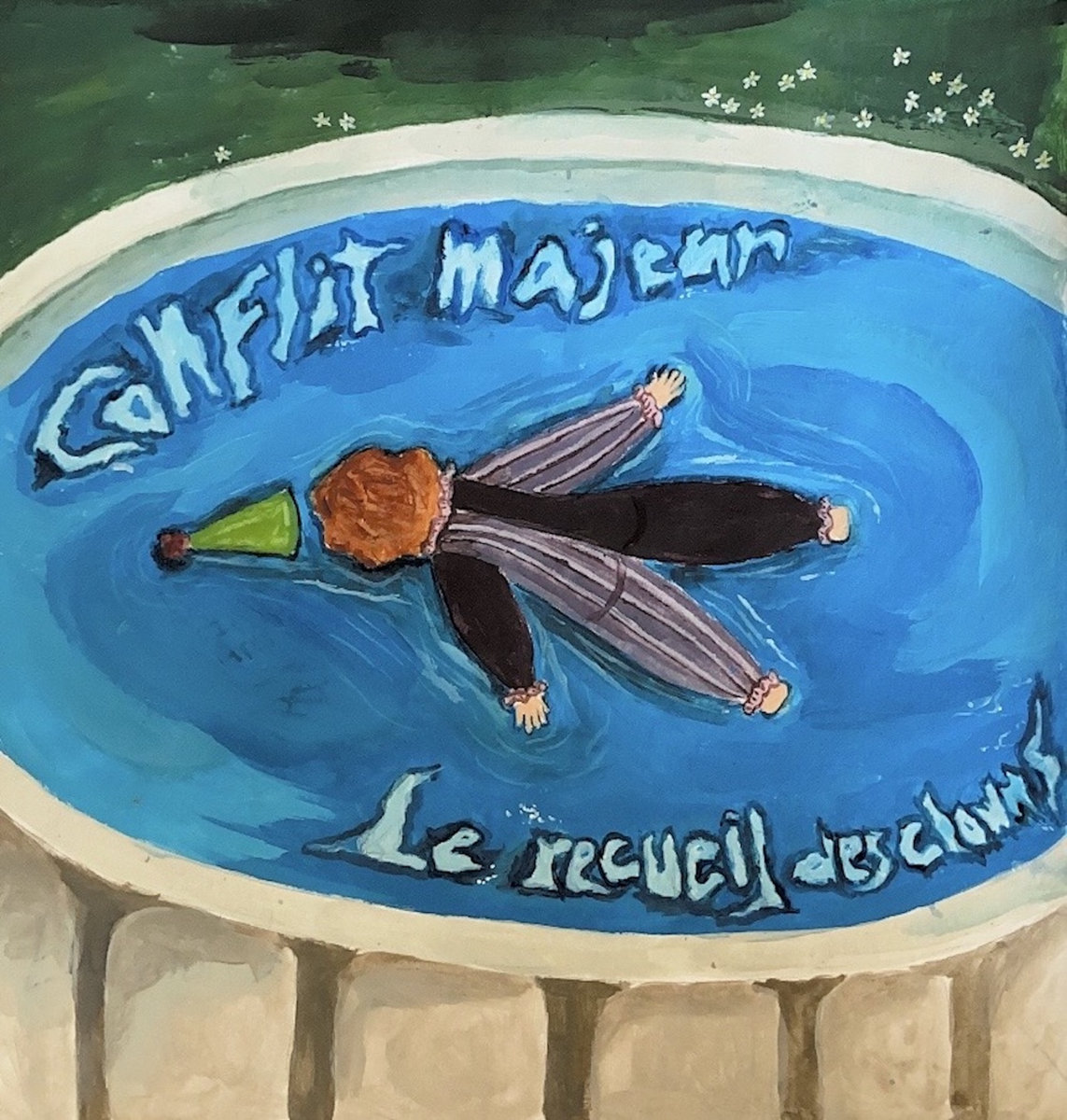If there is one thing that any established or growing scene could improve on, it is perspective. No matter what scene you are a part of, there are aspects and elements that will be missed, whether they are purposely ignored, completely forgotten, or never given the chance to have their message amplified. Punk rock is no exception. Enter ¡Pónk! by Afrolatino writer Marcus Clayton, an anti-memoir of sorts told in the most unconventional way from a voice in the scene that does not get nearly enough time in the spotlight.
¡Pónk! is told mostly from Clayton’s point of view, who goes by his punk rock name, Moose. Moose plays in a punk band called Pipebomb! and teaches English with one of his bandmates at a local college. He crosses paths with other punk bands, students, and former high school classmates with varying degrees of reverence for his half-Black, half-Puerto Rican heritage.
The book is broken into smaller sections. Each part tells a particular story from his life. These are not just straightforward prose narratives; Clayton varies the presentation of some stories as a stage play, letter to friends, poems, text messages, and even postcards. Sentences are crossed out, with the edit beside them, creating a loose feel. This gives deeper context to what is being said, even if the original phrasing is sometimes worse than the edit—whether because of incorrect phrasing or revealing too much or unintended information. To call this an unconventional memoir is an understatement. It is both refreshing and unfiltered.
As for what type of book this could be considered, many would fit. The spectrum of stories you get from Clayton can fit into any number of genres. The experimental aspect of Clayton’s writing reminds me of the Beat writers, but it also feels like early Chuck Palahniuk, except much more grounded. There are many moments and thoughts expressed that may challenge you. ¡Pónk! delves deep into themes of inclusivity and the unspoken rules of the punk rock genre. Clayton challenges this, particularly calling out the white allies in the punk scene who impose their own rules on a rule-less genre. While Clayton’s callouts of Minor Threat, Fear, and the Sex Pistols irked me, they are not unwarranted. They give perspective and push back against the notion that the architects of the punk rock scene are gods among us, rather than kids who made art while still learning about themselves. Other chapters touch on experiences of Moose dating, going to school abroad, and meeting up with a high school friend who is mourning their dissolving marriage and the death of a classmate.
I did not know what to expect from this book, but it was not this, and I mean that in the best way. With its innovative style and profound insights, ¡Pónk! is not just a memoir—it is a must-read for anyone who appreciates raw, unfiltered storytelling. ¡Pónk! was a great book from start to finish and probably my first great read of the year. There is much wisdom and perspective between the covers. What makes ¡Pónk! stand out is its raw emotional depth. Clayton does not shy away from introspective moments; the honesty and vulnerability he shares make the book heavy in some spots and heavier in others. It has been a while since I have had a book challenge me the way ¡Pónk! did. Pick up ¡Pónk! by Marcus Clayton on Nightboat Books here.




